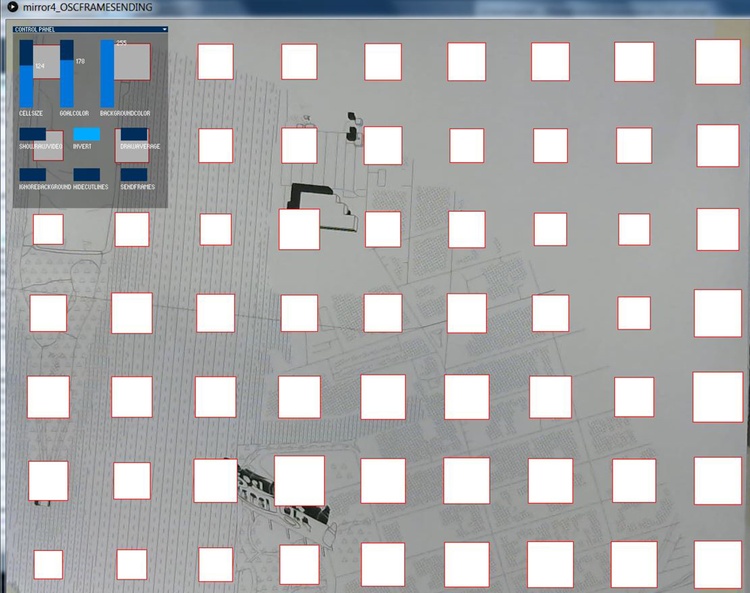A
AIA CES Credits
AV Office
321M Fayerweather Hall
Abstract Publication
415 Avery Hall
Academic Affairs
400 Avery Hall
Academic Calendar, Columbia University
Academic Calendar, GSAPP
Admissions Office
407 Avery Hall
1172 Amsterdam Avenue
New York, New York 10027
Advanced Standing Waiver Form
Must be printed and returned to 400 Avery Hall
Alumni Board
Alumni Office
405 Avery Hall
1172 Amsterdam Avenue
New York, New York 10027
Architecture Studio Lottery
Assistantships
Avery Library
300 Avery Hall
1172 Amsterdam Avenue
New York, NY 10027
Avery Review
Avery Shorts
B
Black Student Alliance at Columbia GSAPP
Building Science & Technology Waivers
Bulletin Archive
C
Career Services
300M Avery Hall
Columbia Books on Architecture and the City
Commencement
Communications Office
415 Avery Hall
Conversations podcast
Counseling and Psychological Services
Courses
Credentials Verification
Credit Transfer
Cross Registration
D
Dean’s Letter
Dean’s Office
402 Avery Hall
1172 Amsterdam Avenue
New York, NY 10027
Development Office
404 Avery Hall
Directory of Classes (All Columbia University)
Disability Services
Dodge Fitness Center
3030 Broadway Dodge
Dual Degree Program Requirements
E
End of Year Show
Events Office
415 Avery Hall
External Funding Sources
F
Faculty Directory
Feedback
Finance Office
406 Avery Hall
Fitch Colloquium
Future Anterior Journal
G
GSAPP Community Fellowship Program
GSAPP Emergency Fund
GSAPPX+
Grades
Graduation
Graphics Project
H
Honor System
Human Resources
Hybrid Pedagogy Resources
I
IT Helpdesk Ticket, GSAPP
IT Office, GSAPP
IT, Columbia University (CUIT)
Identity
Incubator Prize
International Students and Scholars Office (ISSO)
N
News and Press Releases
Newsletter Sign Up
Non-Discrimination Statement and Policy
O
Onera Prize for Historic Preservation
Online Admissions Application
GSAPP Admissions 407 Avery Hall
Output Shop
116 Avery Hall
1172 Amsterdam Avenue
New York, NY 10027
Ownership of Student Work Policy
P
Paris Prize, Buell Center
Paul S. Byard Memorial Lecture Series
Percival & Naomi Goodman Fellowship
Plagiarism Policy
Policies & Resources
Press Releases
Publications Office
415 Avery Hall
1172 Amsterdam Avenue
New York, New York 10027
R
Registration
Registration: Add / Drop Form
Room Reservations
S
STEM Designation
Satisfactory Academic Progress
Scholarships
Skill Trails
Student Affairs
400 Avery Hall
Student Awards
Student Conduct
Student Council (All Programs)
Student Financial Services
Student Health Services at Columbia
Student Organization Handbook
Student Organizations
Student Services Center
205 Kent Hall
Student Services Online (SSOL)
Student Work Online
Studio Culture Policy
Studio Procedures
Summer Workshops
Support GSAPP
ASSEMBLING ALL SORTS
Parametric digital design tools and computer- aided manufacturing have enabled a non- uniform, curvilinear and mass-customized architecture. While this conceptual plasticity of the first digital turn has relieved architects of the monotony of the mass-produced detail, the apparent freedom of digitally fabricated architecture still remains bound to industrially produced, standardized components (blanks, bars, bricks and sheet stock) or isotropic plastics (3D printing, themoforming). Designs are generated in a digital world of infinite possibility, and are wastefully materialized into a world constrained by the 4x8 sheet.
The assimilation of digital information and material properties (made possible by algorithmic design and robotic fabrication) has the potential to increase resource efficiency, while enriching the tactile, visual and performative aspects of architecture through the controlled application of material variation. In practice, however, this “digital materiality” is often limited to components which are dimensionally uniform and selectively obtained—the uninformed brick3 or grain of sand4 already bear some resemblance to the pixel.
This seminar will focus on creating details and assembly techniques which derive their non uniformity, in part, from irregular, “found” building materials. We will develop strategies for digitizing such materials, and methods of programming which allow for these digitized properties to be incorporated into the design. The course will involve the creation of digital and physical study models, and the development of a prototypical robotic assembly technique using the school’s UR3 robot. Course size is limited, and previous exposure to Grasshopper and/or some programming (Java/Python, etc) will be helpful for students.
Some past student documentation can be found on the course sites:
- http://assemblingallsorts-fall16.tumblr.com/
- http://assembingallsorts-sp16.tumblr.com/
300 AVERY HALL
W 9 AM - 11 AM
FULL SEMESTER
TECH ELECTIVE
63398
| Course | Semester | Title | Student Work | Instructor | Syllabus | Requirements & Sequence | Location & Time | Session & Points | Call No. |
|---|---|---|---|---|---|---|---|---|---|
| ARCH4686‑1 | Spring 2018 |
Assembling All Sorts
|
Ryan Luke Johns | Syllabus |
Tech Elective-Fabrication |
505 Avery
W 7 PM - 9 PM
|
Full Semester
3 Points
|
87996 | |
| ARCH4686‑1 | Spring 2017 |
Assembling All Sorts
|
Ryan Luke Johns | Syllabus |
Tech Elective - Fabrication |
505 Avery Hall
W 7 PM - 9 PM
|
Full Semester
3 Points
|
92846 | |
| ARCH4686‑1 | Spring 2016 |
ASSEMBLING ALL SORTS
|
|
Ryan Luke Johns |
TECH ELECTIVE- FABRICATION (1.5) |
504 AVERY
TU 11 A M - 1 PM
|
SES B 3/7-4/22
1.5 Points
|
60837 |











